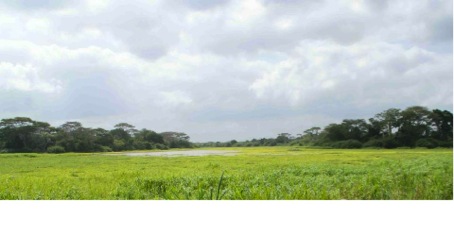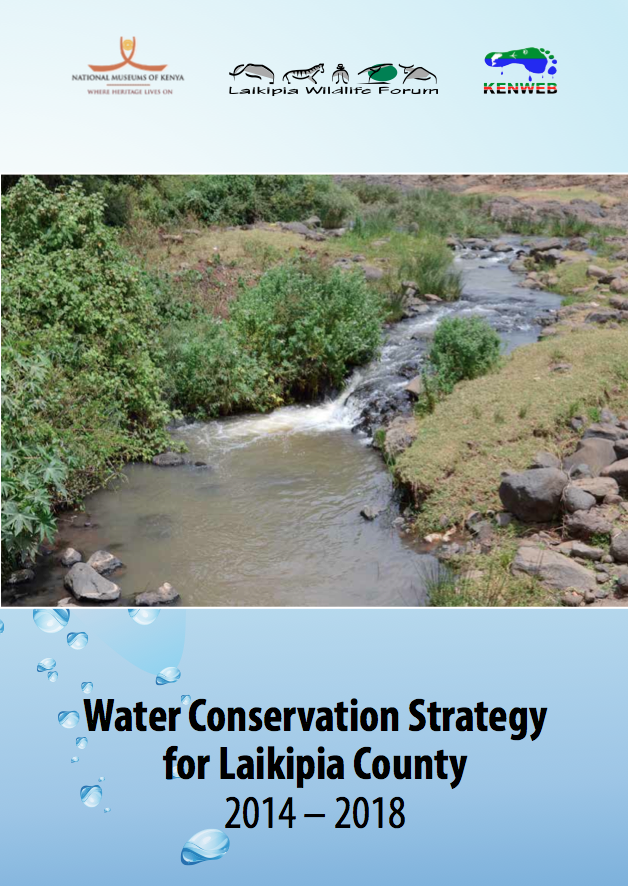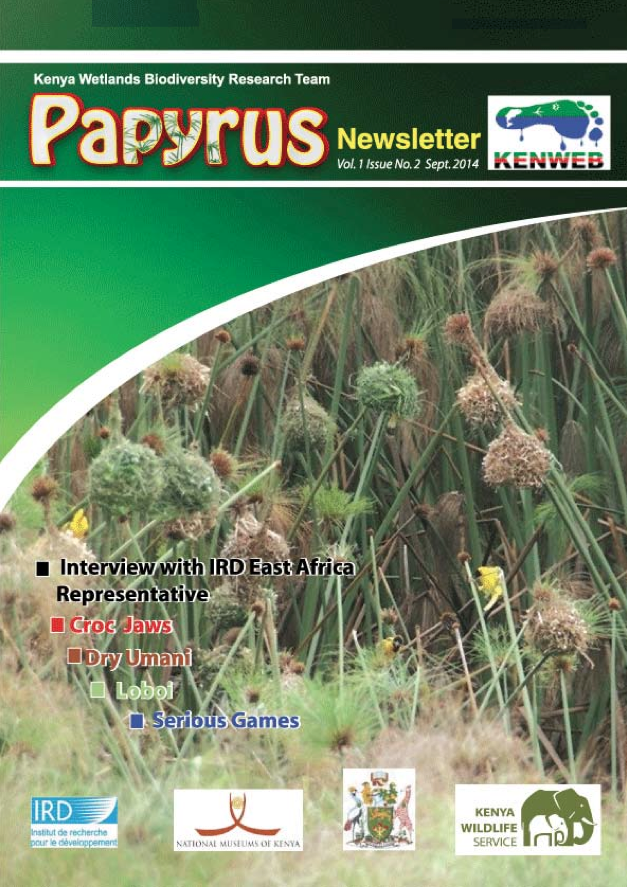News Archive
KENWEB attends Indigenous and Community Conserved Areas (ICCAs) workshop, 9th and 10th December 2013

Â
Â
Â
Â
Â
Â
Â
Â
Â
   Figure 1: Lake Chamaso a potential ICCA site in the Tana Delta
   MY VUMBWE STORY: http://youtu.be/KroB907NjpAÂ
Â
The workshop on Indigenous and Community Conserved Areas (ICCAs) was held at the Diani Forest Lodge in Diani, South Coast, Kenya.
The objectives of the workshop were:
•    to provide a discussion/platform through which the community groups can determine whether their initiatives qualify to be ICCAs and
•   for the communities to find out if the ICCA network is a useful platform for discussion for them.
The workshop also aimed to promote the documentation and registration of these community conservation initiatives as ICCAs.
The IUCN World Park Congress of 2003 defined ICCAs as:
“natural and/or modified ecosystems containing significant biodiversity values and ecological services voluntarily conserved by (sedentary and mobile) indigenous and local communities,through customary laws or other effective meansâ€
Various names have been used to describe ICCAs according to scale. For example, at the global scale names include: ICCA: Indigenous Peoples’ and Community Conserved Territories and Areas, LMMA: Locally Management Marine Areas and SNS: Sacred Natural Sites. At the local scale designations are diverse, in Kenya, include Kayas (sacred forests of the Mijikenda people), Beach Management Units (BMUs)/LMMAs, Rangelands, Sanctuaries, Community Forest Associations/CFAs and Conservancies.
ICCAs come about when a close association is found between a specific indigenous people or local community and a specific area, territory or body of natural resources and there is an effective local governance system in place that leads to the conservation of biodiversity. They cover a wide range of natural ecosystems and species. They are also governed by a diversity of traditional and modern institutions and rules as well as having a variety of motivations and objectives.
For more information on ICCAs visit http://www.iccaconsortium.org/
The workshop was the first among other planned workshops to be held all over the country. The Coast Region was selected because of the variety of ecosystems present and the variety of issues particularly the uncertain land tenure issues. The workshop will also be used as a baseline for other workshops. It drew participants from various community conservation initiatives, representatives from institutions involved in the management of natural resources such as Kenya Forest Service, World Wide Fund for Nature, the East African Wildlife Society, etc.
The workshop was very interactive with various presentations by community representatives from community conserved initiatives such as the Kayas, Beach Management Units(BMUs)/Local Marine Managed Areas, Rangelands: Kivulini Trust and Samburu County Natural Resource Forum, Conservancies: Hanshak-Nyoogoro Community Conservancy, Awer Community Conservancy, North Coast Conservancy , Mwaluganje Elephant Sanctuary and Community Forest Associations (CFAs)/Community Forests.
Presentations on The Draft Community Land Bill, Community Forests as per the Draft Forest Bill and Community Forest Associations (CFAs) empowered the participants on some of the legislative frameworks on the management of natural resources and their relation with the Community Conserved Areas. In addition to the presentations, there was a group discussion and a very informative field excursion to Kaya Muhaka, one of the nine kayas of the Mijikenda along the Kenyan coast.
One of the very important outcomes of the workshop was that everybody agreed that ICCAs are a strategy for legal recognition and community conservation. Also they all agreed that because of their conservation activities they qualify to be recognised as ICCAs. The participants were given ICCA data collection forms for the registration of their conservation initiatives which will be returned by the second week of January 2014.The purpose of the registration exercise is to come up with a database of all the ICCAs in the country which will unify them and help them in advocacy as well as policy development. It was also suggested that the all the ICCAs should be digitally mapped.
By the end of this workshop all the participants had a better understanding of what ICCAs are, their value and importance, the threats they face and the management challenges they encounter. The various presentations on the Draft Forest Bill, CFAs and the Draft Community Land Bill empowered us to know and understand the provisions made in the current legislation for Community Conserved Areas.



